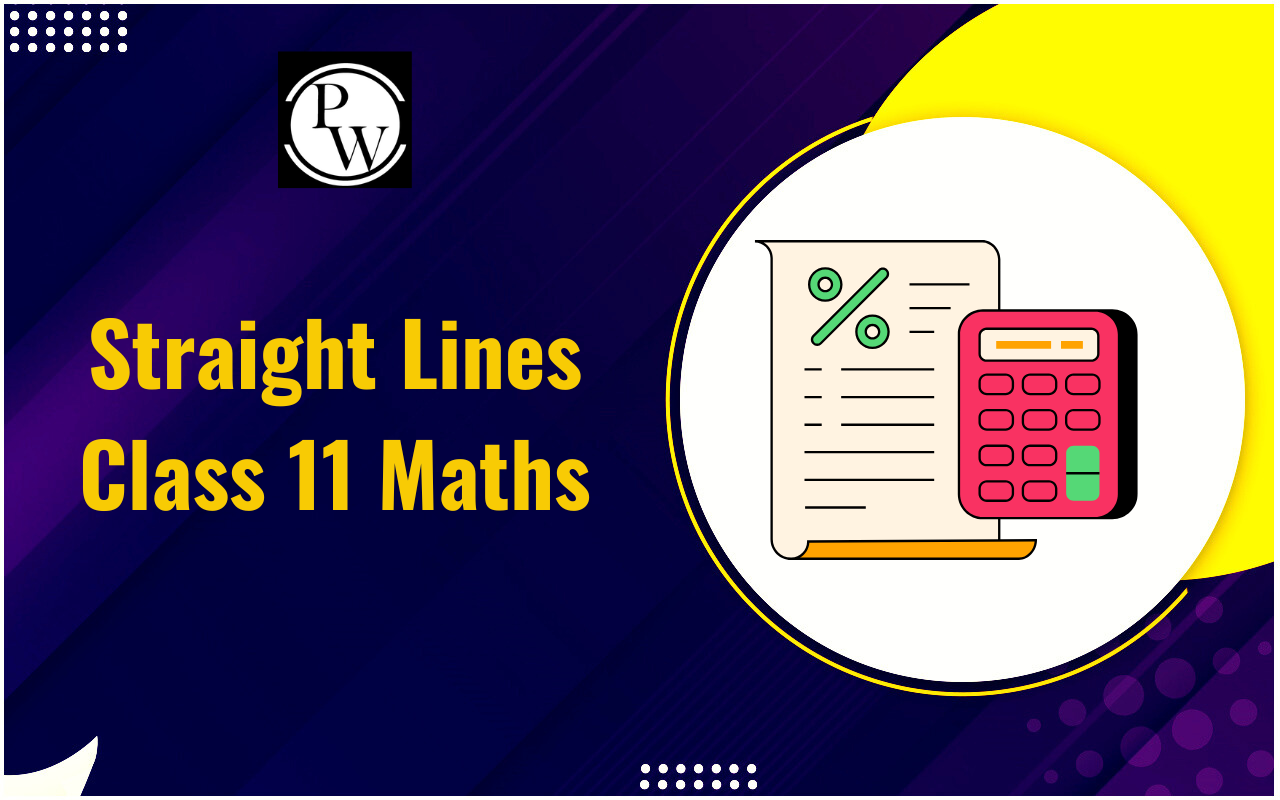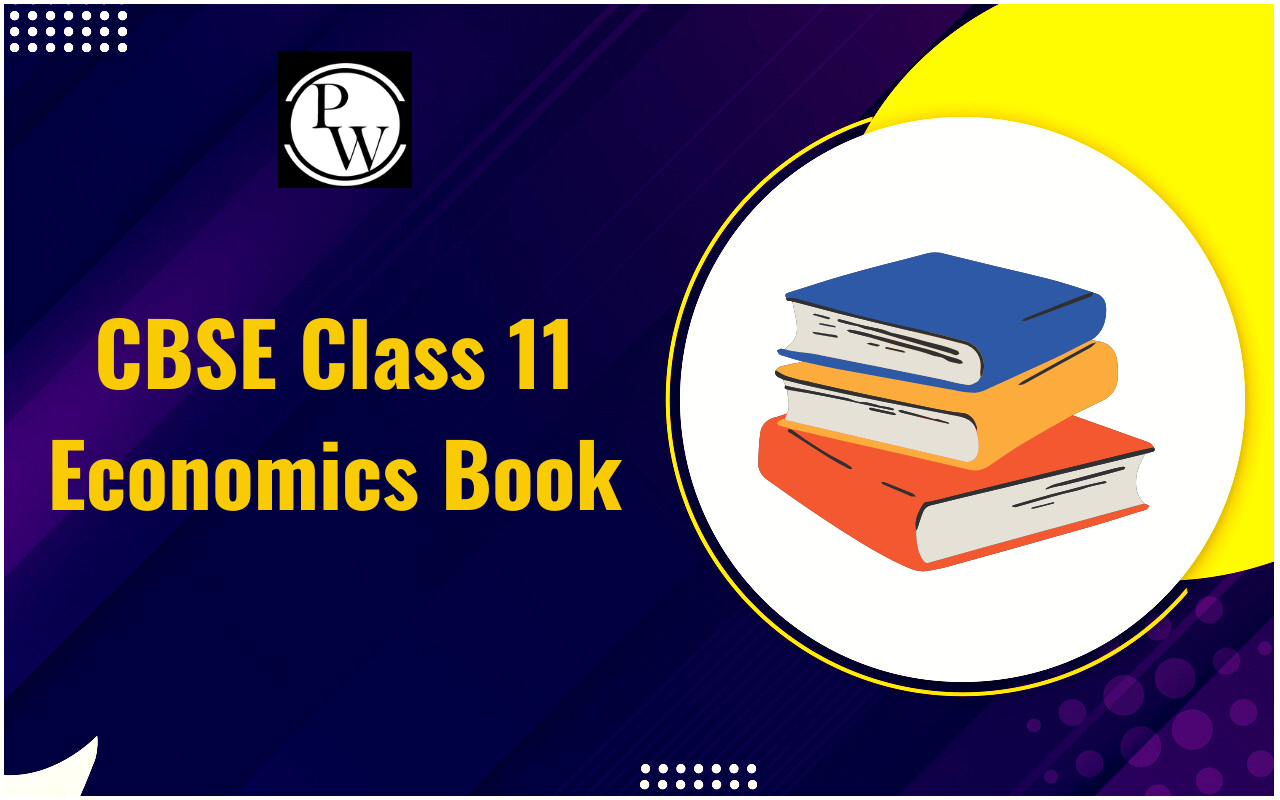
A Cash book is a special type of book that is only concerned with the recording of cash transactions of an organization. It performs the dual role of both a journal and a ledger for all the cash transactions taking place in a business organization. It records all the cash receipts on the debit side and all the cash payments of the organization on the credit side. Cash Books are typically divided into two main sections: the Cash Receipts section and the Cash Payments section. The Cash Receipts section records all the money coming into the business, such as customer payments or loans.
What is a Cash Book?
A Cash Book is a financial record-keeping tool used by businesses and organizations to track their cash transactions in a systematic and organized manner. It serves as a vital component of a company's accounting system, enabling it to maintain a clear and accurate record of all cash inflows and outflows.
In simple terms, think of a Cash Book as a diary for money. Every time a business receives cash (like sales revenue) or spends cash (for expenses like salaries or supplies), they jot it down in the Cash Book. This way, they can keep tabs on how much money they have at any given time.
Features of a Cash Book
A Cash Book is a critical financial tool used for systematic recording and tracking of cash transactions. Its key features include:
- Chronological Recording
- Segregation of Cash Receipts and Payments
- Date and Particulars Columns
- Cash and Discount Columns (in Triple Column Cash Book)
- Petty Cash Management (in Petty Cash Book)
- Imprest System Control (in Imprest System Cash Book)
- Bank Transaction Tracking (in Bank Cash Book)
- Summarized Daily Entries (in Simple Cash Book)
Types of Cash Book
Cash Books come in several types, each designed to suit specific accounting needs. These variations in Cash Books help organizations better manage their cash transactions. Here are the common types of Cash Books:
Single Column Cash Book:
This is the simplest type of Cash Book and is often used by small businesses. It records cash transactions in a single column, showing only the date, particulars (a brief description of the transaction), and the amount of cash received or paid. It's a straightforward way to keep track of cash flows.
Double Column Cash Book:
The Double Column Cash Book, as the name suggests, has two columns: one for cash received and another for cash paid. It provides a more detailed view of cash inflows and outflows, making it easier to analyze and manage the sources and uses of cash.
Triple Column Cash Book:
This Cash Book is more comprehensive and includes three columns: cash received, cash paid, and discount allowed/received. It's commonly used by businesses that offer discounts to customers or receive discounts from suppliers. This format helps in accurately accounting for these discounts.
Petty Cash Book:
A Petty Cash Book is a specialized cash book used to manage small, routine expenses that occur frequently, like office supplies or minor repairs. It typically has a fixed amount of money (the petty cash fund) that is replenished as needed. Entries in the Petty Cash Book track these small expenses, ensuring proper documentation and control.
Imprest System Cash Book:
This is a variation of the Petty Cash Book. Under the imprest system, a fixed amount of money is maintained in the petty cash fund, and the Cash Book is regularly replenished to bring the fund back to its original amount. This method enhances accountability and ensures that there's always a set amount of cash on hand for minor expenses.
Bank Cash Book:
Although not strictly a Cash Book in the traditional sense, the Bank Cash Book is used to record all transactions related to a bank account. It includes deposits, withdrawals, checks issued, and checks received. It helps organizations monitor their bank balances and reconcile them with the bank statements.
Simple Cash Book:
This Cash Book type simplifies the accounting process even further by only recording the total cash received and the total cash paid daily. It's often used by very small businesses or individuals to maintain basic cash records.
Advantages of Cash Book
A Cash Book offers several advantages for businesses and organizations in maintaining financial records and managing cash transactions efficiently. Here are the key benefits:
Transparency: Provides a clear and transparent record of all cash inflows and outflows, aiding in financial accountability.
Accuracy: Ensures accurate tracking of cash movements, reducing the risk of errors and discrepancies.
Cash Flow Management: Helps in monitoring cash flow, ensuring that there's enough cash to cover expenses and make informed financial decisions.
Financial Reporting: Facilitates the preparation of financial statements, making it easier to assess the financial health of the organization.
Audit Trail: Creates a comprehensive audit trail, making it simpler to verify financial transactions during audits.
Budgeting: Supports budgeting by offering insights into spending patterns and allowing for better financial planning.
Discount Management: In Triple Column Cash Books, it aids in managing discounts offered and received, ensuring proper accounting for these financial incentives.
Petty Cash Control: Petty Cash Books, it streamlines the management of small, routine expenses, promoting expense control.
Bank Reconciliation: In Bank Cash Books, it assists in reconciling bank statements, helping organizations match their records with those of the bank.
Simplicity: For Simple Cash Books, it offers a straightforward and easy-to-maintain format, ideal for small businesses and individuals.
Cash Book Format
A Cash Book typically consists of columns for recording cash transactions. Below is a common format for a Double Column Cash Book, which includes columns for cash received and cash paid:
| Cash Book Format | |||
| Date | Particulars | Cash Received (CR) | Cash Paid (CP) |
| [Date1] | [Description1] | [Amount Received1] | [Amount Paid1] |
| [Date2] | [Description2] | [Amount Received2] | [Amount Paid2] |
| [Date3] | [Description3] | [Amount Received3] | [Amount Paid3] |
| ... | ... | ... | ... |
| [Date] | [Description] | [Amount Received] | [Amount Paid] |
| Total | [Total CR] | [Total CP] | |
Example of a Double Column Cash Book
Let's consider a small retail store and illustrate entries in its Double Column Cash Book for a few transactions over a period of time:
| Double Column Cash Book Example | |||
| Date | Particulars | Cash Received (CR) | Cash Paid (CP) |
| 2023-09-01 | Sales of Products | ₹1,000 | |
| 2023-09-03 | Purchase of Inventory | ₹500 | |
| 2023-09-05 | Customer Payment | ₹300 | |
| 2023-09-10 | Rent Payment | ₹800 | |
| 2023-09-15 | Sales of Products | ₹1,200 | |
| 2023-09-20 | Salary Payment | ₹600 | |
| Total | ₹2,500 | ₹1,900 | |
A Cash Book is an indispensable tool for businesses looking to maintain financial clarity and discipline. Whether you're a small business owner or managing a larger company, choosing the right type of Cash Book can help streamline accounting processes, improve financial management, and enhance business decision-making.
By implementing a well-maintained Cash Book, businesses can achieve better transparency, accuracy, and efficiency in handling cash transactions. Start maintaining your Cash Book today and take control of your finances with confidence!
Cash Book FAQs
What is a Cash Book used for?
What are the types of Cash Books?
How do you maintain a Cash Book?
What distinguishes a bank book from a cash book?
Why is a Cash Book important in accounting?










